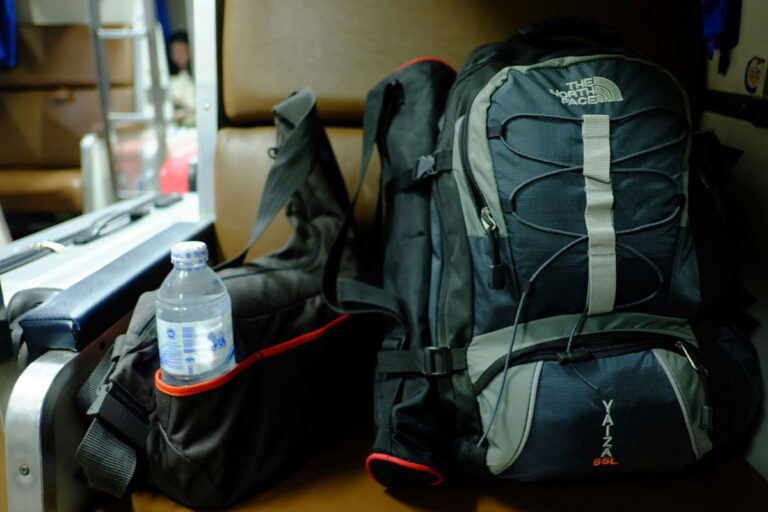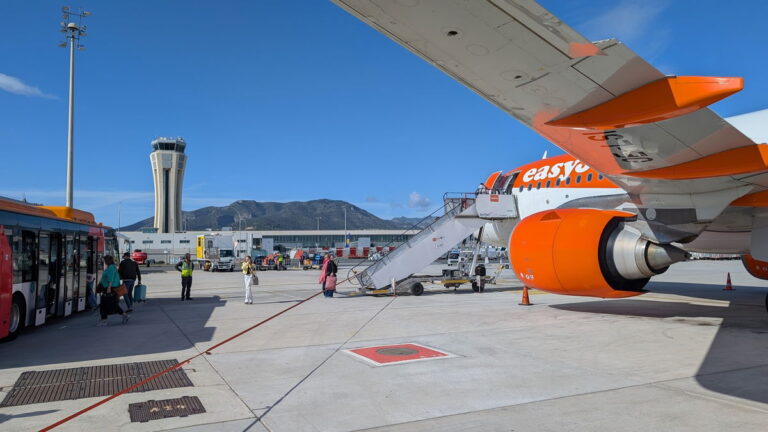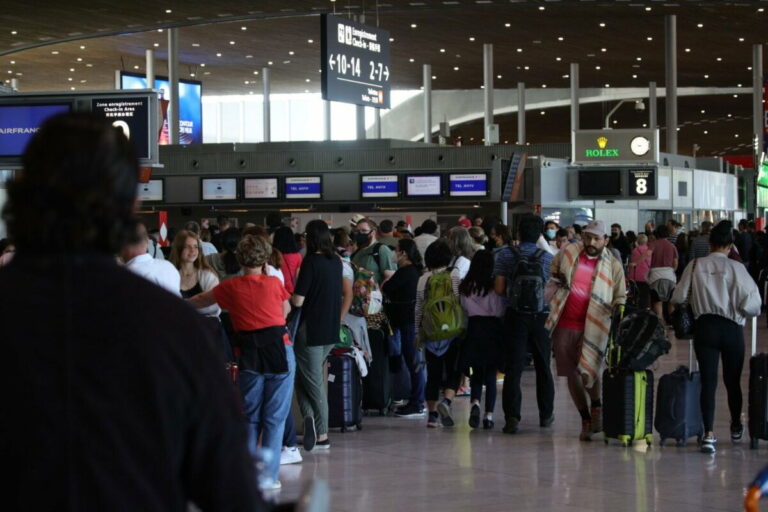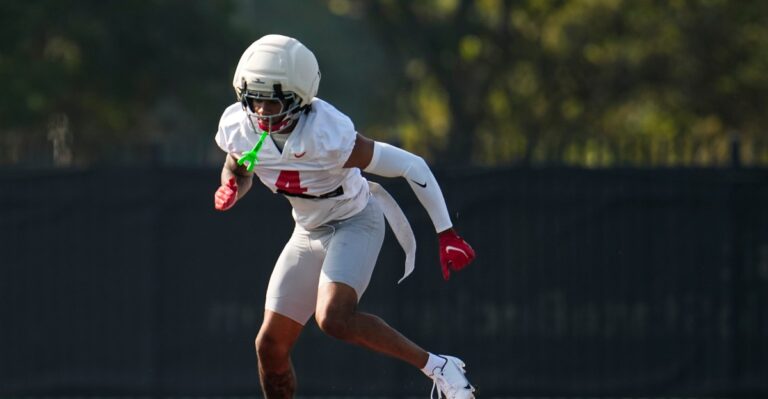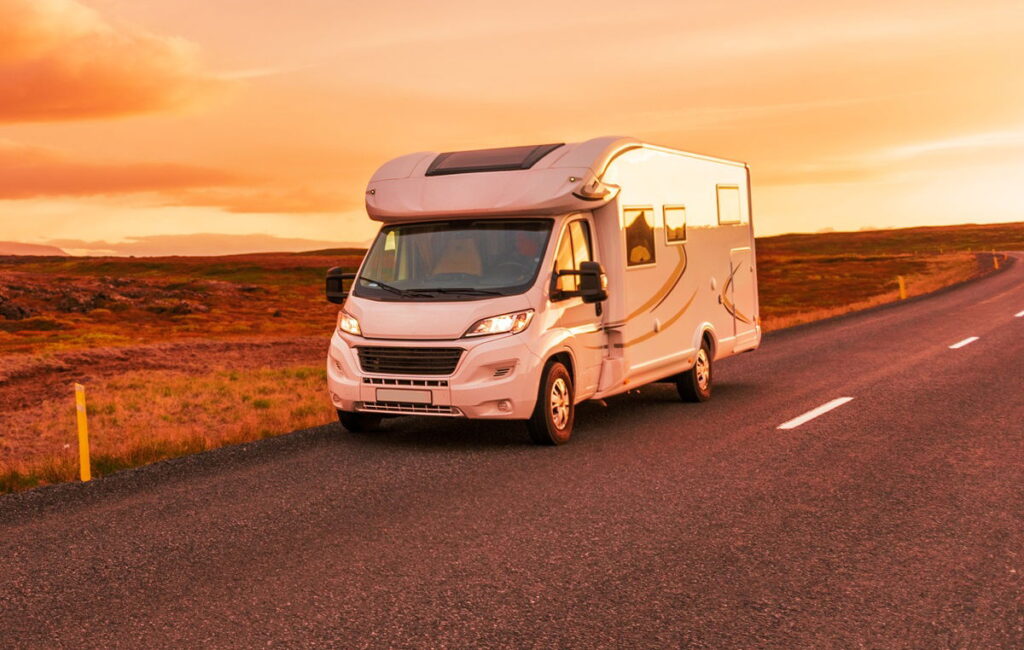
A motorhome journeys through Spain’s beautiful landscapes—knowing the rules ensures a hassle-free road trip.Credit : Maridav, Shutterstock
Dreaming of the open road and a Spanish summer of freedom? Caravanning and motorhome trips have become the go-to adventure for families, couples and solo explorers.
But do you know the rules that’ll keep your trip hassle-free – and your wallet safe from fines? Here’s what the Guardia Civil really wants you to know before you pack up and set off.
Caravan or Motorhome? Why it matters for your spanish road trip
The first thing to get straight: a caravan and a motorhome are NOT the same thing , not in the eyes of Spanish law, anyway.
- A caravan is a trailer. You tow it with your car and, crucially, it has no engine of its own.
- A motorhome (autocaravana), on the other hand, is a full vehicle – engine, cab, and home all in one.
Why does this matter? Because the rules for driving, parking, speed and even where you can sleep differ for each one. For example, if your caravan weighs more than 750kg (including all your luggage!) and your total car-plus-caravan combo is over 3,500kg, you’ll need a B+E driving licence, not just a standard car licence.
Motorhomes are a bit more straightforward:
- Under 3,500kg? Your regular driving licence (B) will do.
- Over 3,500kg? You’ll need a C1 licence.
And remember: it’s your responsibility to know the weight of your rig. Get it wrong and you risk a hefty fine.
Speed limits, parking and overnight stays: Don’t get caught out
Speeding on Spanish roads is easy to do, especially in holiday mode. But don’t! The Guardia Civil’s video went viral for good reason: here’s what you need to know, in plain English.
Speed limits for motorhomes:
- Up to 3,500kg: 120km/h on motorways, 90km/h on ordinary roads
- Over 3,500kg: 90km/h (motorways), 80km/h (ordinary roads)
Towing a caravan?
- Under 3,500kg (total): 90km/h (motorways), 80km/h (ordinary roads)
- Over 3,500kg: 80km/h (motorways), 70km/h (ordinary roads)
Thinking of overtaking? Don’t be tempted to go over the speed limit “just for a moment” – it’s illegal, even if you’re trying to pass a lorry.
Now for the fun stuff: where can you sleep?
- Motorhomes: You CAN sleep in your vehicle if it’s legally parked and you’re not setting up camp. That means no awnings, tables, chairs or anything extending outside the vehicle.
- Caravans: Usually, you can only sleep inside at designated campsites or authorised zones. Some towns have strict local laws – always check before you stop for the night.
Quick tip: If you pop up a table and some chairs, you’re no longer just “parked” – you’re camping. And unless you’re in a designated area, that’s a fast-track to a fine.
Top tips from the Guardia Civil: Make your spanish road trip safe (and Legal)
A stress-free caravan holiday in Spain isn’t just about sunshine and sangria. Here’s what the experts recommend:
- Check your vehicle and caravan before every trip.
- Don’t overload. Spread weight evenly for stability.
- Stick to the right speed.
- Carry all your paperwork – driving licence, insurance, and documents for both car and caravan/motorhome.
- Know the rules for the region you’re visiting. Local laws on sleeping and parking can vary hugely.
- Stop regularly. Tiredness is a major cause of road accidents.
- Never leave awnings, chairs, or anything outside the vehicle in public parking spots.
- Bring emergency kit. A few basics can save your holiday if the unexpected happens.
And here’s one last bit of wisdom: If in doubt, ask! The local Ayuntamiento (town hall) or campsite will have the latest on local rules. And, of course, keep an eye on the Guardia Civil’s official TikTok, their explainer videos are worth a watch, even if your Spanish isn’t perfect.
Ready to hit the road? Get your paperwork sorted, know the difference between parking and camping, and you’ll be free to explore Spain in total peace of mind. Happy travels – and don’t forget to wave at your fellow caravanners along the way!
Stay tuned with Euro Weekly News for more news about Spain and motoring

